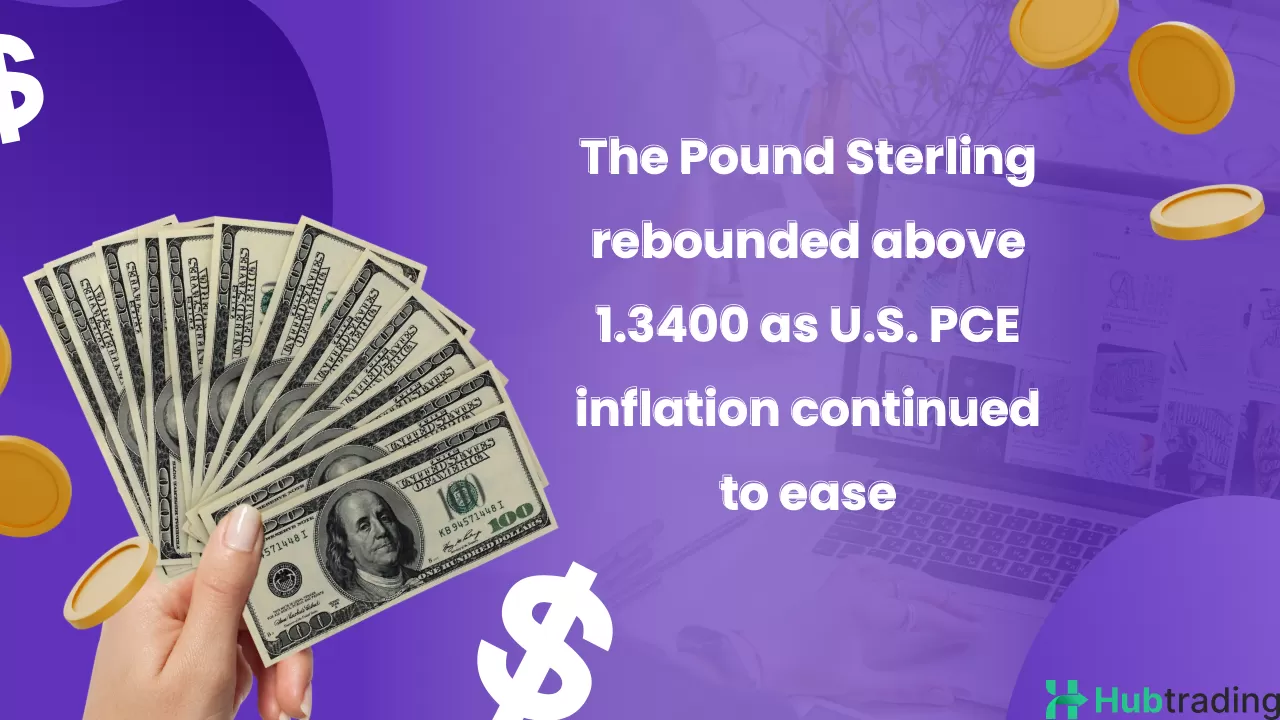- The Canadian Consumer Price Index is expected to rise by 1.8% year-over-year in January.
- The Bank of Canada cut its interest rate by 25 basis points in January.
- The Canadian Dollar remains near its yearly highs against the US Dollar.
On Tuesday, Statistics Canada will release its latest inflation report for January, based on the Consumer Price Index (CPI). Early forecasts indicate that headline inflation remained steady at 1.8% year-over-year compared to January of the previous year.
Additionally, the Bank of Canada (BoC) will also release its core CPI data, which excludes volatile items like food and energy. For context, December’s core CPI saw a 0.3% decline from the previous month but marked a 1.8% increase year-over-year, while headline inflation was up 1.8% annually and dropped 0.4% month-to-month.
These inflation figures could influence the Canadian Dollar (CAD). The BoC’s stance on interest rates plays a crucial role here. Since easing began in June 2024, the central bank has slashed its policy rate by 200 basis points, bringing it to 3.00% as of January 29.
Meanwhile, the CAD has gained strength recently, steadily appreciating over the past few weeks. USD/CAD dropped to two-month lows last week, reaching the 1.4150 area, after rejecting yearly peaks around 1.4800 earlier in the month.
What to Expect from Canada’s Inflation Rate?
According to the February 12 meeting minutes, the Bank of Canada’s decision to cut rates by 25 basis points was driven by concerns over tariff threats and a desire to stimulate growth. The BoC noted that the persistent risk of tariffs was complicating its forecasts, as predicting US trade policy remains uncertain.
Governor Tiff Macklem commented after the BoC's January 29 meeting that an increase in tariffs would initially push prices and inflation higher. However, he stressed the key concern was preventing the surge in prices from spreading to other areas such as wages, which could lead to sustained inflation. The BoC’s focus is to ensure inflation eventually returns to the 2% target.
BBH analysts preview the upcoming data, noting that headline inflation is expected to rise slightly to 1.9% YoY in January, up from 1.8% in December. Core CPI is forecasted to hold steady, with core median at 2.4% YoY and core trim at 2.6% YoY, compared to 2.5% in December. The GST/HST holiday, which lasted from December 14, 2024, to February 15, 2025, is expected to lower inflation, particularly in categories like food services and semi-durable goods. The BoC expects headline and core CPI inflation to average 2.1% and 2.5% in Q1, respectively. While the central bank has room for further easing, it’s likely to do so gradually, as inflation has remained around the 2% mark since August. The market is pricing in 50 basis points of easing over the next 12 months, which would bring the policy rate down to 2.50%.
When Is the Canada CPI Data Due, and How Could It Impact USD/CAD?
Canada’s January inflation report will be released at 13:30 GMT on Tuesday, with traders watching closely to see if the data deviates from expectations. If the numbers align with forecasts, the BoC’s current rate outlook should remain intact.
Meanwhile, USD/CAD has been on a bearish trend since the start of the month, reaching as low as 1.4150 on February 14 — the lowest level in a couple of months. The pair has now retreated for two consecutive weeks, losing nearly 7 cents from its year-to-date highs near 1.4800 recorded earlier this month.
The Canadian Dollar continues to recover, it could remain under pressure due to US Dollar dynamics and the tariff situation in the medium term. Bullish attempts could push USD/CAD to test the interim 55-day SMA at 1.4305 before potentially reaching the 2025 high of 1.4792 seen on February 3.
On the downside, initial support is seen around the February 14 low of 1.4150, followed by the provisional 100-day SMA at 1.4090 and the key psychological level of 1.4000. A breach of 1.4000 could trigger further selling pressure, with targets moving toward the significant 200-day SMA at 1.3816, the November low of 1.3823, and the September low of 1.3418.





